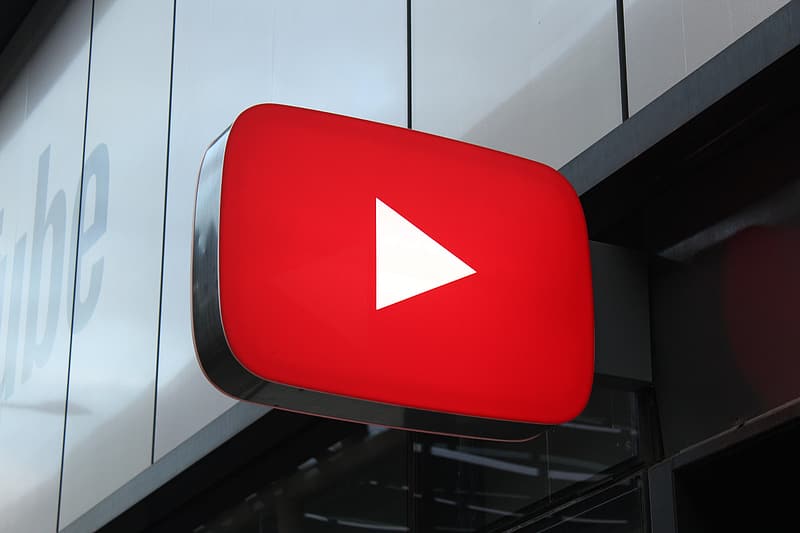Tech titan Google now intends to appeal a federal antitrust ruling which found that the company illegally monopolized the online search market. Google revealed the same in a a post on X, stating, “We will wait for the Court’s opinion. And we still strongly believe the Court’s original decision was wrong, and look forward to our eventual appeal.”
The trial stemmed from a 2020 lawsuit filed by the US Department of Justice (DOJ), which accused Google of using unfair business practices to suppress competition in the search engine industry. Central to the government’s case were allegations that Google leveraged exclusive agreements with device manufacturers, including Apple and Samsung, to maintain its position as the default search engine. The DOJ argued these practices harmed both consumers and rival companies. Last August, District Judge Amit Mehta ruled that Google had violated antitrust laws by maintaining a monopoly in the search market. Judge Mehta supported the DOJ’s claim that Google’s ownership of the Chrome browser provided an unfair advantage by directing users into its own search ecosystem, thereby solidifying its market dominance.
Following the ruling, the DOJ proposed various remedies aimed at restoring competition. These measures included requirements for Google to license its search engine technology more broadly, terminate default search agreements with major tech partners (such as Apple or Samsung), and divest both the Chrome browser and the underlying open-source Chromium project. The DOJ also sought to compel Google to share data used to produce search results on Chrome.
Google has countered these proposals, arguing that the suggested remedies could be detrimental to consumers, empower competitors, and potentially place user data under government oversight. The company expressed concern that the DOJ’s plan for a “Technical Committee” composed of government-appointed experts to resolve data sharing uncertainties could lead to government control over user information. Google also questioned the DOJ’s focus on reshaping the technology sector given the current competitive landscape of the AI market.
Instead, Google presented its own set of more limited changes. These proposals included loosening its existing partnerships with device manufacturers and establishing a third-party oversight committee to ensure compliance with competition standards, rather than forced divestitures or broad data sharing mandates. The company specifically argued that the DOJ’s proposed remedies would benefit certain “well-funded competitors” (with implicit references to Microsoft’s Bing) without clear benefits for consumers.
What does the latest ruling mean for the AI sector? Google has stated that enforcement of the court’s decision could disrupt the competitive balance in AI, potentially allowing rival firms with chatbots to gain market share. During the trial, an OpenAI executive, Nick Turley, testified that his company would be interested in acquiring Chrome if it became available for sale, indicating the potential for a significant restructuring of the AI and search landscape. A hearing focused on arguments for remedies concluded on Friday, with Judge Mehta’s final decision on penalties expected by August.
Content originally published on The Tech Media – Global technology news, latest gadget news and breaking tech news.




